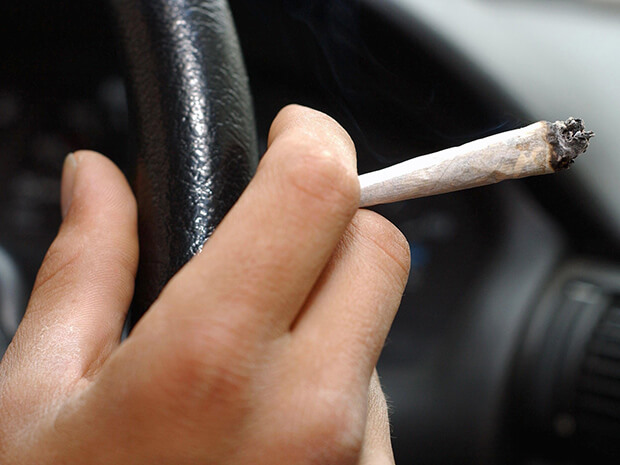The Road Safety Authority (RSA) launched its latest anti-drug driving awareness campaign.
Drug Driving
The Road Safety Authority (RSA) launched its latest anti-drug driving awareness campaign. This is their fifth campaign on the serious issue of drug-driving.The RSA are engaging in this latest campaign effort in association with An Garda Síochána and they started it on 12th April 2017.
The campaign is supported by multiple agencies and was Introduced in co-operation with the *Medical Bureau for Road Safety in UCD and supported by the Department of Transport, Tourism and Sport.
The purpose is to raise awareness of Preliminary Drug Testing, which has been initiated over the past week.

Driving under the influence of drugs (DUID) has been a statutory offence in Ireland since the introduction of the Road Traffic Act 1961 but it’s only since 13th April 2017 that the Gardaí have the power to test the oral fluid of drivers for the presence of drugs such as Cannabis, Cocaine, Opiates (e.g. Morphine) and Benzodiazepines (e.g. Valium) at the roadside or in a Garda station. This testing is being carried out using a drugs testing device called the Drager 5000.

In Ireland, it is against the law to drive under the influence of drugs (including prescribed drugs) where your driving is impaired to such an extent that you don’t have proper control of the vehicle.
At the moment there are currently three drugs tested for with the new device – cannabis, cocaine and heroin and this may be expanded on in the future.
Drug driving continues to be a very serious problem in Ireland. The Coroner's Court in Kildare conducted a study during 1998 and 2009 found that almost one in ten drivers killed had a positive toxicology for a drug or drugs.
The Medical Bureau of Road Safety (MBRS) found that between the years 2009-2015, 6,232 or 64% out of the 9,734 drivers tested for the presence of drugs tested positive.
Prescribed Medication
The advice from the authorities is that drivers with medical conditions should continue to take their prescribed medications in accordance with health care advice.If you are taking prescription or over-the-counter medicines and these medicines don’t impair your driving, you do not have anything to worry about. If you are in any doubt, it is advised to speak to your doctor or pharmacist who will be able to help you with your concerns.
A statutory medical exemption certificate is allowed for in law for people who have been prescribed medicinal marijuana. If this applies to you, you should carry the medical certificate with you while driving. The RSA also has a campaign aimed at allaying the concerns of those taking medicines and driving. Specifically, the RSA is putting information leaflets into pharmacies.
Social Media Campaign
This awareness campaign will run on social media, radio and digital platforms.See here a link to each of the videos;
- Caught and Consequences
- Caught
- Consequences 1
- Consequences 2
- Consequences 3
- Uvula
- Professor Denis Cusack

Author

Justin Kavanagh
Justin Kavanagh is a recognised leader
in automotive intelligence and vehicle
data supply to the entire motor industry.
He has almost 20 years experience in
building systems from the ground up.
As the Managing Director of Vehicle
Management System, he understands the
need and importance of trustworthy and
reliable vehicle history and advice to
both the trade and the public.
Follow me on LinkedIn